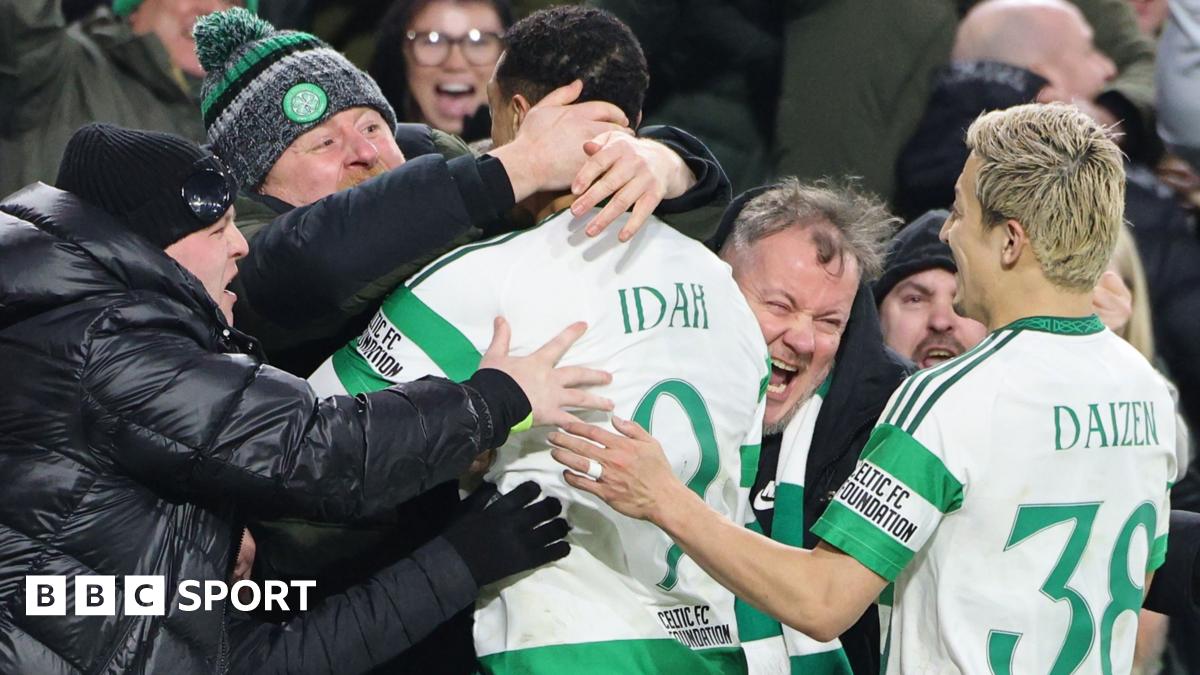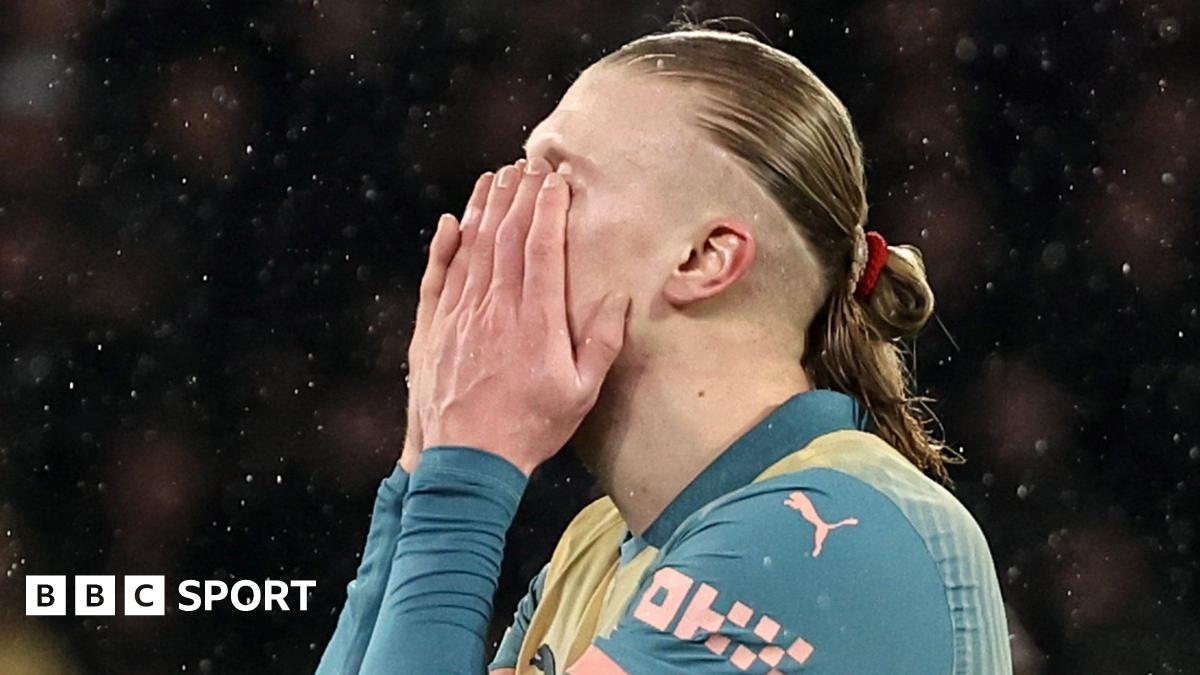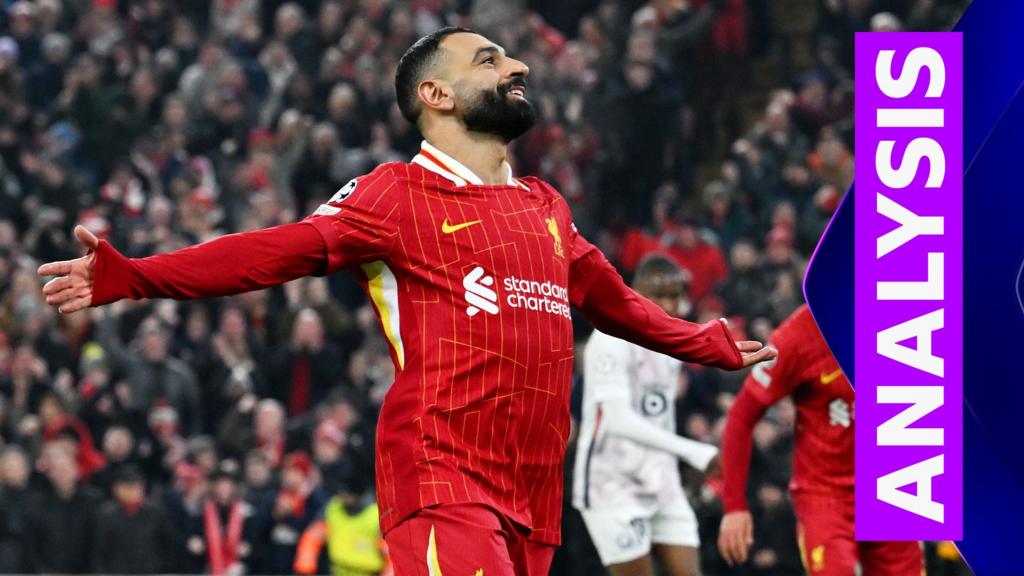ARTICLE AD BOX
Andy Murray has revealed retirement has been "the complete opposite" to what he expected and that he is not missing tennis like he thought he would.
The 37-year-old Briton, a three-time Grand Slam champion, called time on his illustrious 19-year career after the Paris Olympics in August.
Murray underwent a hip resurfacing operation in 2019 and had various injury struggles during the final few years of his career.
"Since I've stopped, I feel really free and have got lots of time to do whatever it is I want," Murray told BBC Radio 4's Today programme.
"I can dedicate time to my children and have free time to play golf or go to the gym on my own terms.
"It is really nice and I didn't expect that. I was expecting to find retirement hard and be missing tennis a lot and wanting to get back on the tennis court on tour.
"So far it has been the complete opposite to what I was thinking."
The 37-year-old won his first Grand Slam in 2012 at the US Open before ending Britain's 77-year wait for a men's Wimbledon champion in 2013 when he defeated Novak Djokovic, before winning it again in 2016.
Murray, who won Olympic gold in the singles at London 2012 and Rio 2016, played the final match of his career at Paris 2024, losing in the doubles quarter-finals after epic comeback wins in the previous two rounds.
He acknowledged there was no "perfect ending" for a tennis player but revealed he was now feeling guilt-free around his four children and wife Kim.
"The thing that I always found difficult in recent years was that there was always a guilt associated with what I was doing," Murray, who played 1,001 singles matches in his career, added.
"If I was going away for a trip of like three to four weeks I would feel guilty leaving my children at home or being away from my wife for a long time with them, so missing the kids I found hard.
"But if I was at home with the kids then I was running around and spending a lot of my time on my feet after training.
"I was then thinking 'is this going to affect my training or performance the next day, should I have my feet up?' I found that stuff difficult over the last few years."

 4 months ago
14
4 months ago
14








 English (US) ·
English (US) ·